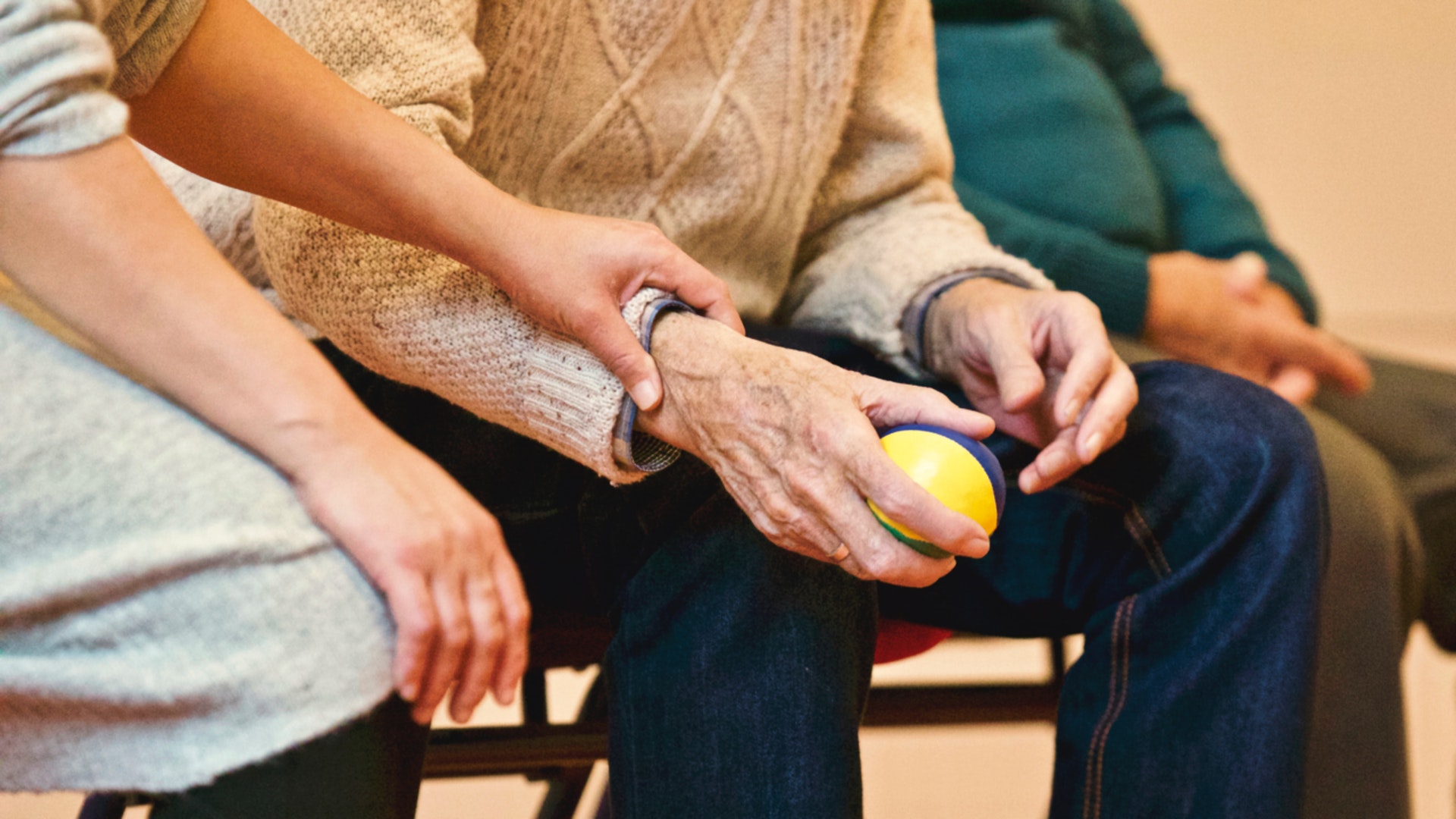 Nobody likes to think about elderly abuse, but it’s frighteningly common, even in accredited nursing homes and medical facilities. Roughly 10 percent of individuals ages 60 and up have experienced some form of abuse, and only 1 in 14 cases is reported to the authorities.
Nobody likes to think about elderly abuse, but it’s frighteningly common, even in accredited nursing homes and medical facilities. Roughly 10 percent of individuals ages 60 and up have experienced some form of abuse, and only 1 in 14 cases is reported to the authorities.
Elderly patients are highly vulnerable, both because they often can’t physically fight back and because they may be less credible than younger people when reporting abuse. If you have an elderly friend or loved one in a healthcare facility, you owe it to them to be on the lookout for signs of abuse, just in case.
Types of Elder Abuse
First, understand the different types of elder abuse.
- Physical abuse. Physical abuse is the most commonly considered type of elder abuse, and it’s usually the easiest to catch. Attendants and visitors may physically abuse elders directly, by intentionally harming them. They may also abuse them indirectly, by being unnecessarily rough or careless when handling them.
- Sexual abuse. It’s also important to consider the possibility of sexual abuse, since elderly people are especially vulnerable to it. Sexual abuse comes in many forms, and is especially common against people who aren’t able to defend themselves or communicate articulately.
- Psychological abuse. Even if an elderly person isn’t being physically harmed, they may still be a victim of psychological abuse. Verbal abuse, emotional manipulation, and other forms of mental and emotional mistreatment may fall into this category, and can be hard to spot.
Signs to Watch For
If an elderly person is being abused, you can usually spot it with one or more of the following signs:
- Bruises, cuts, or burns. These are some of the most obvious signs of abuse. If a patient seems to have bruises, cuts, burns, or other markings appear with no clear origin, it could be a sign that someone is abusing them. Be on the lookout for markings in unusual or private places, too.
- Sprains or broken bones. Similarly, sprains and broken bones are usually a sign of abuse, if the patient didn’t slip and fall on their own.
- Torn or bloody clothes. Torn and bloody clothes are often another sign of abuse, and one that’s hard to write off. This is especially true of undergarments, which is typically a sign of sexual abuse.
- STDs. Sexually transmitted diseases (STDs) can be common in the elderly, but if a person isn’t known to be sexually active or isn’t in a position to consent to sexual activity, any STD could be a sign of sexual abuse.
- Reluctance to speak. Out of fear, many elderly victims of abuse are reluctant to talk about the abusive episodes, and may even protect the people caring for them. They may come up with excuses for markings on their body, or may change the subject when abuse is mentioned.
- Withdrawal or fear. Similarly, you may notice signs of withdrawal or fear. Elderly victims may be less likely to engage with other people, less talkative, and less energetic. They may also be extra jumpy or afraid, or untrusting of new people.
- Unexplained behavioral changes. Almost any unexplained change in behavior could be the result of abuse. For example, you may notice someone being more irritable than usual, or aggressive when they’re usually docile. Major personality changes are usually a red flag.
- Insomnia, depression, and other mental health issues. Abuse can facilitate the development of many mental health issues, including depression, anxiety, and insomnia. Symptoms of any mental health issue, in combination with one of the signs above, should increase your suspicions of abuse.
The Complication of Aging
As the brain ages, it undergoes a series of changes that make it hard to maintain the strength of your cognitive abilities. Due to dementia or the natural aging process, a person will gradually become less able to articulate themselves effectively, less competent, and less able to form and retain new memories. Accordingly, some elderly patients may report abuse when there is none, or may report pleasant conditions when they experience abuse. This makes matters infinitely more complicated, but it’s usually best to err on the side of caution.
What to Do If You Suspect Abuse
If you believe someone you care about is the victim of elder abuse, take this consideration seriously. Take precautions to document any evidence you can, including unexplained markings or aberrant behavior, and report your observations to the police. It may also be wise to contact a lawyer who specializes in elder abuse, so they can work with you to take action. You may consider reaching out to the facility; however, it’s usually advisable to contact the police and a lawyer first. Otherwise, the facility may work to cover up any evidence that could work against them.